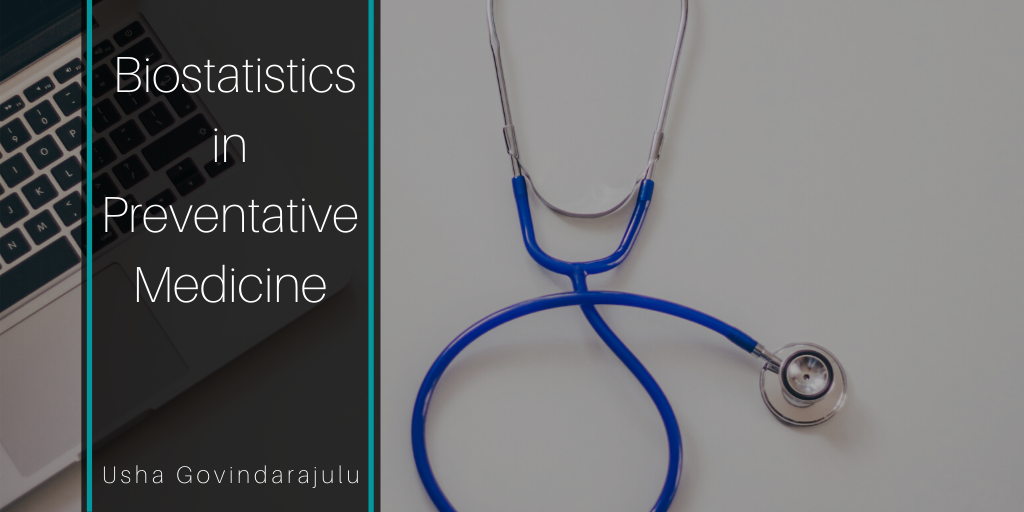Biostatistics is a critical field in the realm of the health field, thanks to the ways that the study can inform treatments. But many underestimate the ways that this field can inform preventative medicine as well.
Clinical Trials
Clinical trials have been formed and enacted for centuries, and have evolved over that time. Biostatisticians are continuing that evolution today by using their knowledge and information to help inform trials for even better results. Biostatistics can inform aspects of clinical trials such as optimal sample size, appropriate data collection methods, and identifying extraneous data.
Public Health Programs
Studies and sampling techniques allow researchers to understand the performance of public health programs and initiatives. Biostatistics can aid in the implementation of these programs and initiatives leading to better outcomes for public knowledge and understanding. Consider how HIV awareness campaigns have prevented outbreaks and disease vectors.
Epidemiological Studies
In the midst and aftermath of the COVID-19 outbreak, we will find that biostatisticians will have had a profound effect upon the reactions, information, and outcomes of individual outbreaks across the world. Epidemiological studies typically aim to collect data relating to disease vectors, and understanding the correlation between variables requires a deep biostatistical understanding to extract useful information.
Genome Sequencing Data Analysis
Genetic sequencing results in massive amounts of data. This data is full of extraneous information, or data that is just not important to the goals of the sequencing. As technology has increased the availability of genome sequencing, the need for biostatistics experts who are able to parse the information has grown as well. Biostatistical experts have a skillset suited to identifying key variables and drawing conclusions as to what an individual or population should be aware of.
Meta-analysis and Evidence-based Medicine.
Evidence-based healthcare is critical to the productive and successful outcomes of modern treatments. These treatments today are more commonly based upon the meta-analysis of medical research, identifying key trends throughout multiple studies and drawing useful conclusions from seemingly disparate data points.
Preventative medicine is a growing field of study as more and more patients decided to take measures to ensure their continued health. A greater understanding of health amongst the lay-person is resulting in a desire for more effective and informed decisions regarding preventative care. To that end, Biostatistical models can provide the greatest insights for effective outcomes and efficient decisions. After all, an ounce of prevention is worth a pound of the cure.
